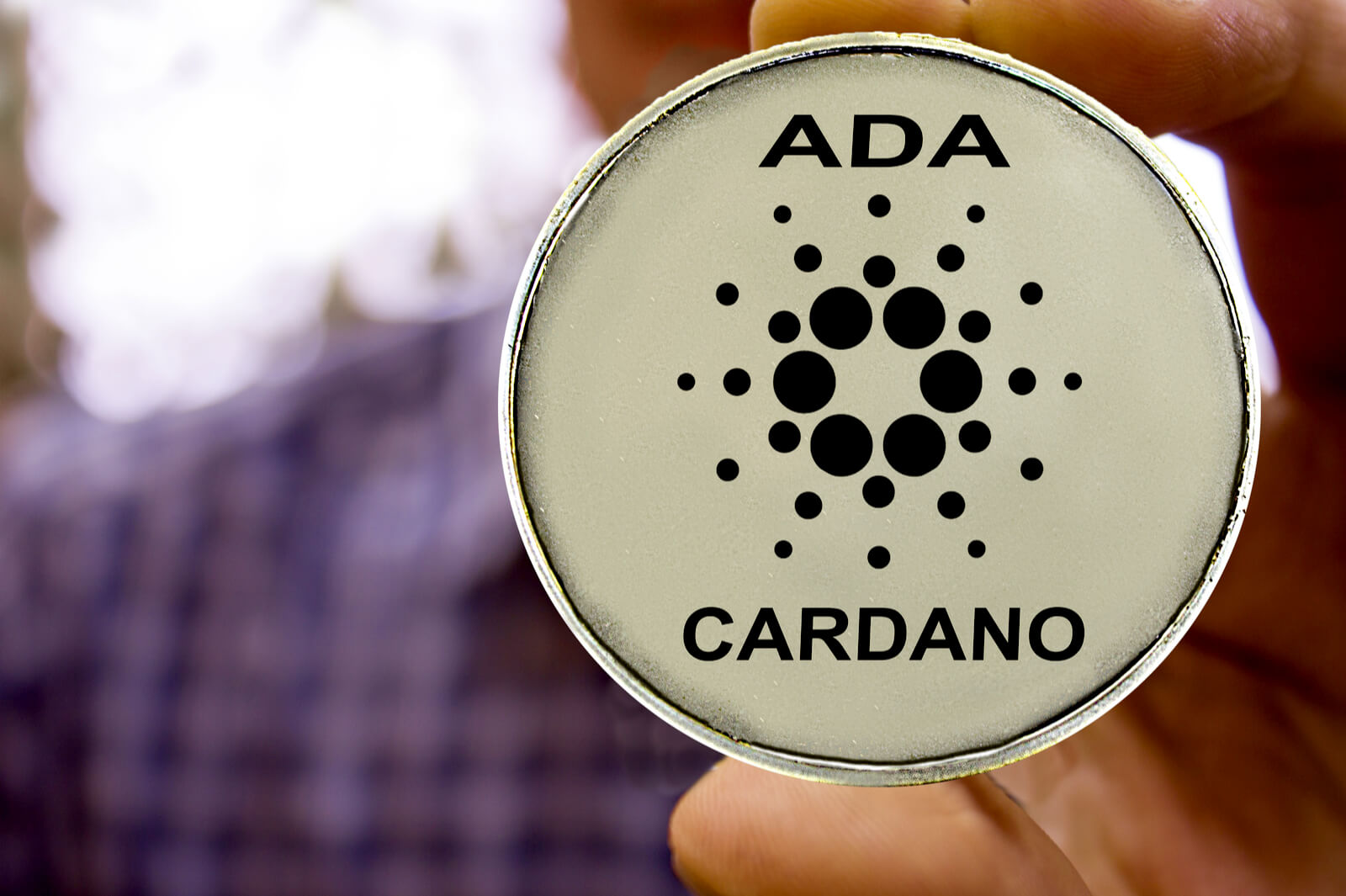Cardano, a blockchain ecosystem founded by Charles Hoskinson, plans on developing its first decentralized exchange dubbed Cardax. The blockchain ecosystem enables parties to leverage their smart contract capabilities to develop decentralized applications, digital tokens, and much more.
According to a tweet by Tim Harrison, the marketing and communications director at Input Output Global, Cardano’s blockchain is experiencing a notable increase in developer’s interest.
However, despite being a third-generation blockchain, users lack a venue to list their newly created digital tokens within Cardano’s ecosystem. As such, a group of developers is pursuing $50,000, which will serve as the funding amount for building Cardax through a Fund 4 proposal.
Cardax decentralized exchange is an innovative proposal steered by Ryan Morrison. He also pilots the Quant Digital team; a company focused on establishing decentralized solutions on Cardano.
As an entrepreneur and a stake pool operator, Ryan strongly believes in his team, citing that they possess marketing and technical abilities to bring the project to life. The development group also holds a broader exposure on native digital assets, smart contract functionalities on Cardano, and the entire blockchain network. Their efforts are visible on particular projects such as Bitcoin EU, Celsius, and Open Ocean.
What Lies Ahead of the Project?
Cardano decentralized exchange plans on adding liquidity to projects establishing their native tokens on Cardano.
The DEX ecosystem will introduce features such as hosting any native token on Cardano, utilize the Extended Automated Market Maker(EAMM), distributing fee rewards accumulated from the DEX to liquidity providers, trading ADA for Cardano native tokens through Yoroi wallet, single transaction trades between native tokens, and the ability to transfer and trade with multiple addresses in one transaction.
Cardax will undergo six phases during its development involving developing a user interface, security features, user experience, integrating the EAMM protocol, backend development, and concluding with the testing and development phase.
Cardax vs. the Existing DEX Protocols
In the DeFi space, some DEX protocols depend largely on either Automated Market Makers or order books to generate market prices. Nonetheless, order books become ineffective once the market experiences a lower liquidity level. On the other hand, Automated Market Makers work best on decentralized exchanges with token pairs of lower liquidity.
Cardax is looking forward to blending both models and empowering the overall exchange by allowing users to become market makers by either interacting with an existing liquidity pool or initiating a new pool.
What’s more, combining the two mechanisms will encourage price transparency, decrease slippage, lower the risk of impermanent loss, and enable token issuers to come up with new token pairs without incurring any hefty capital charges.





















